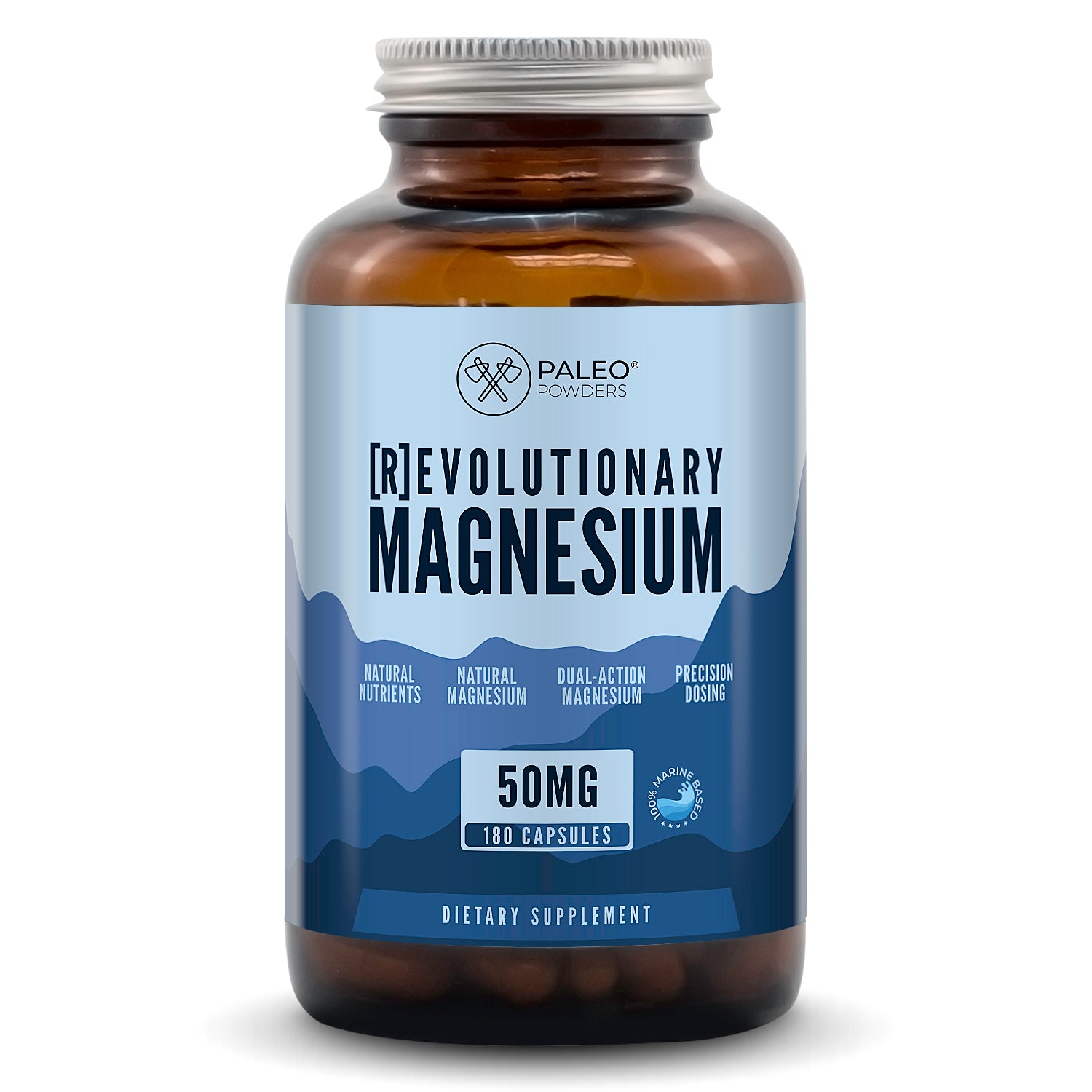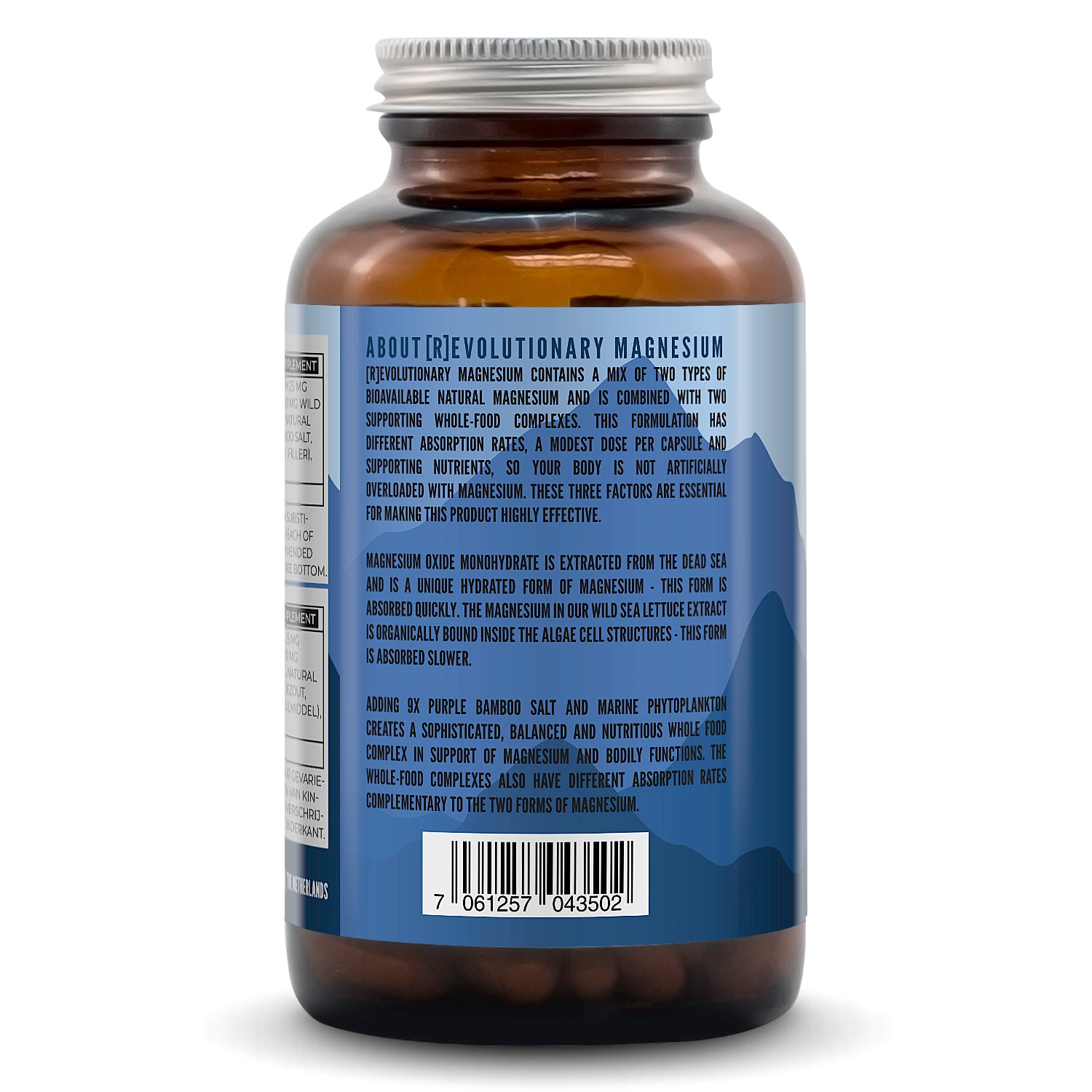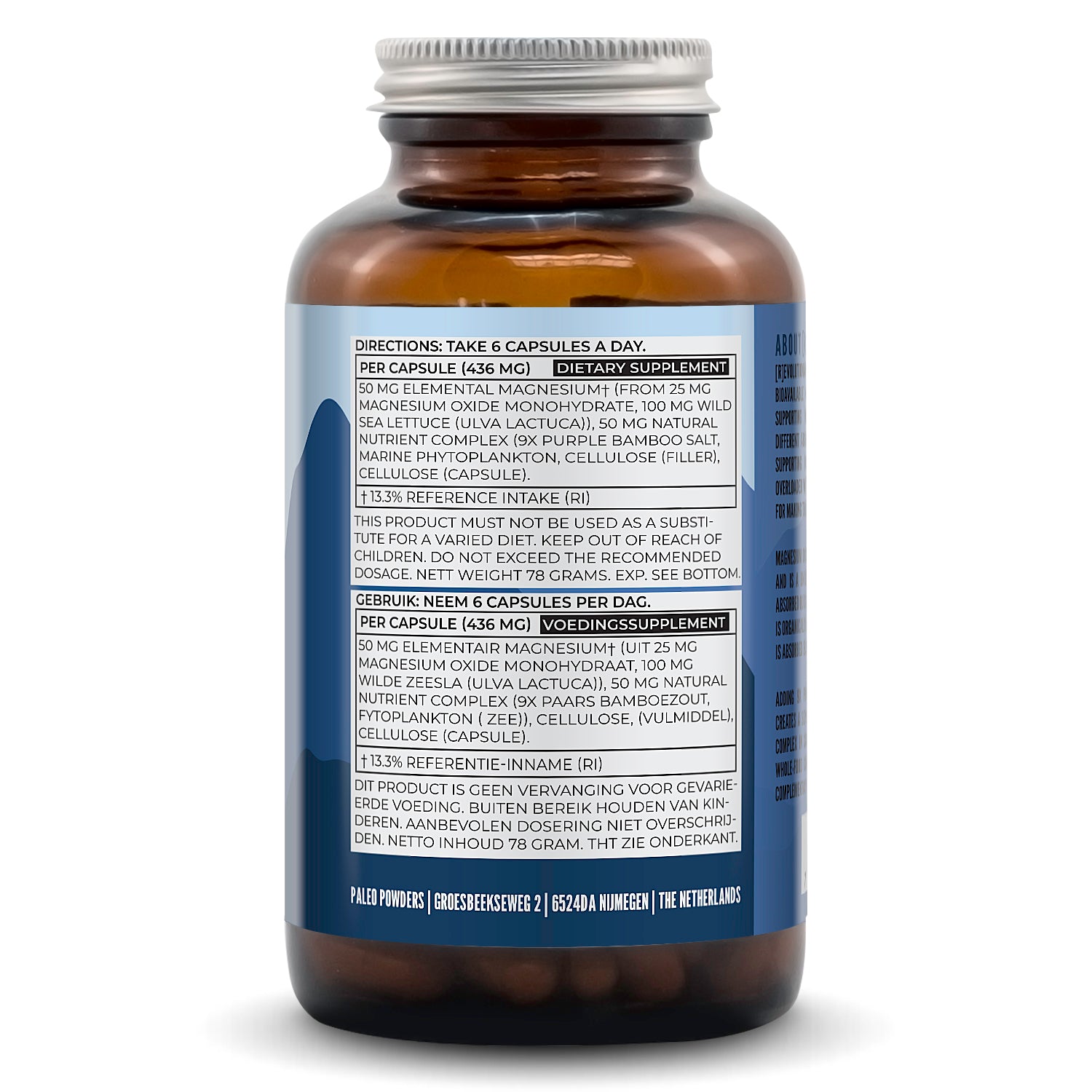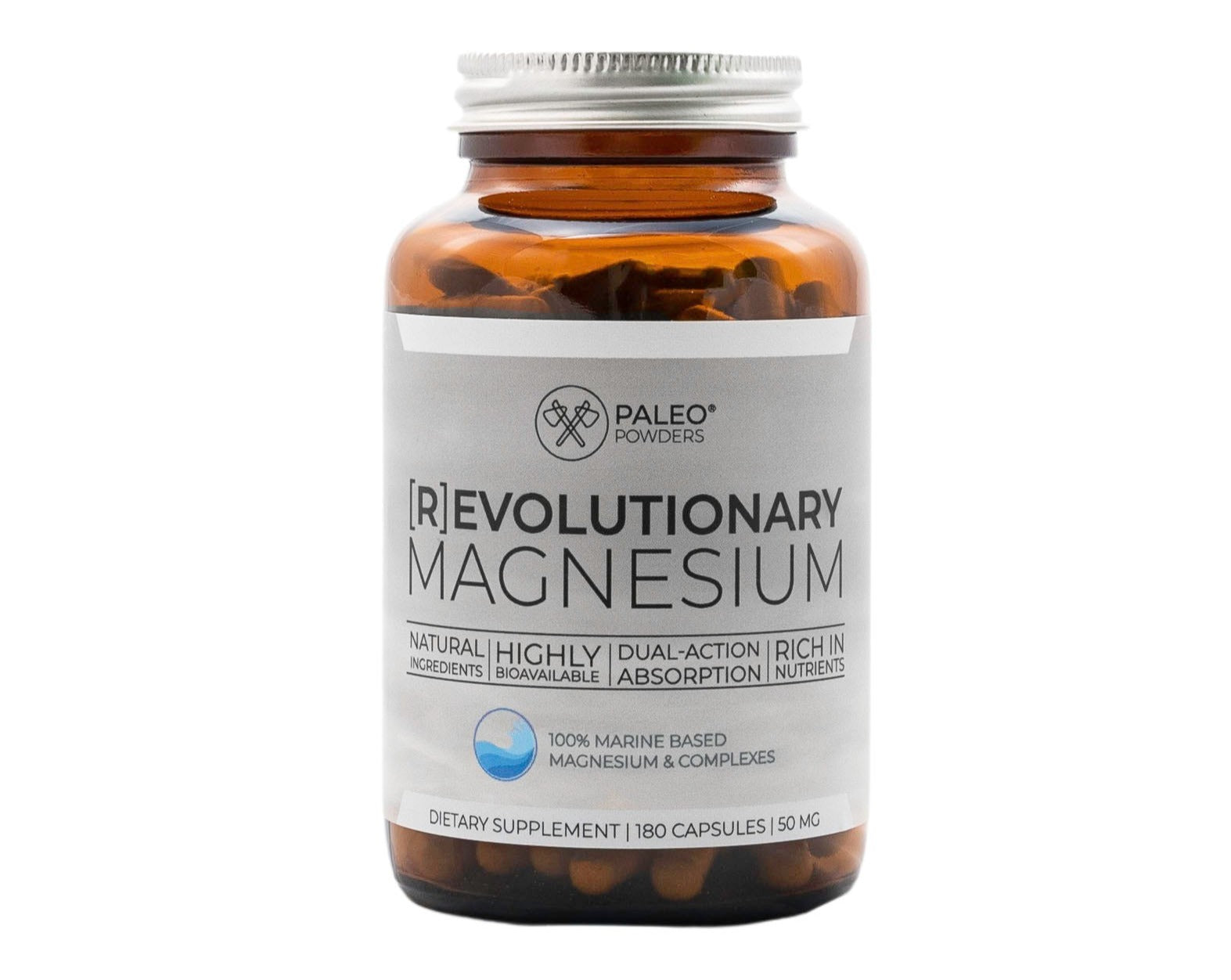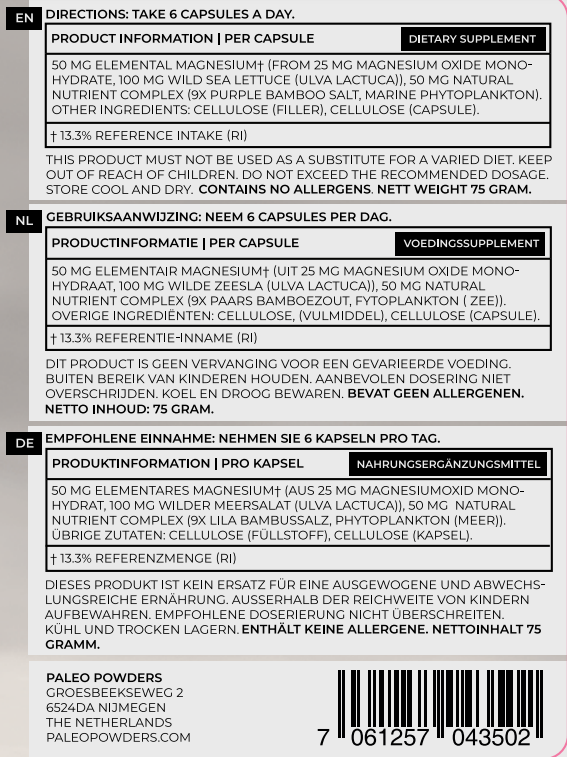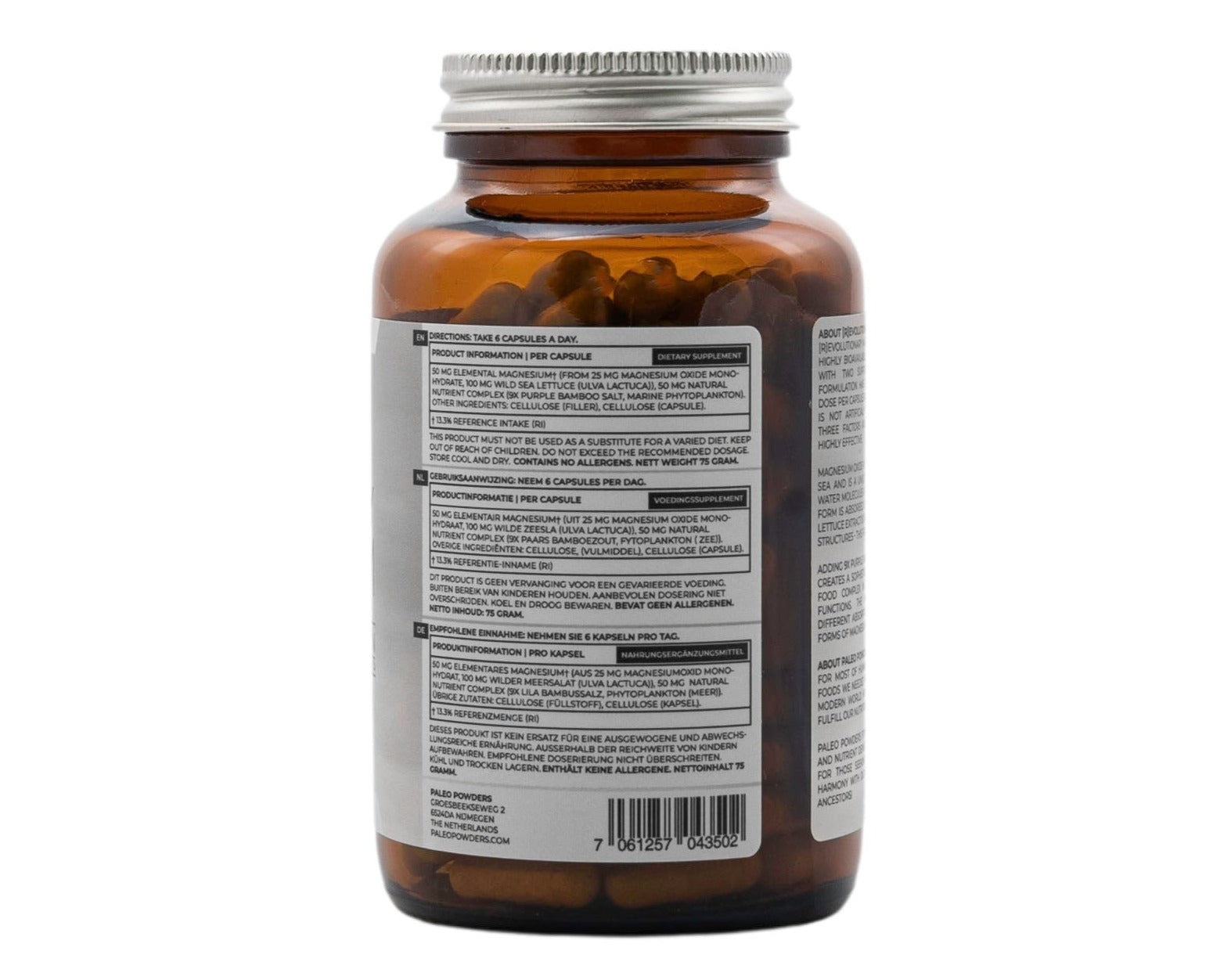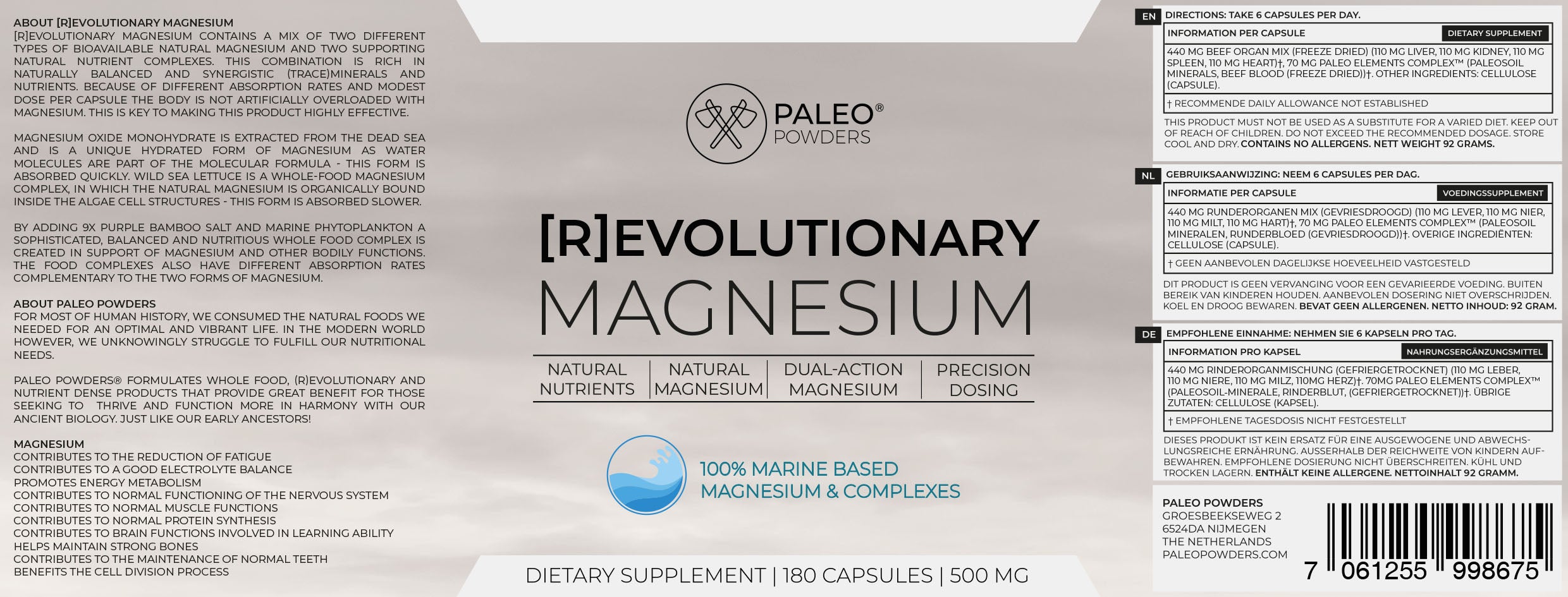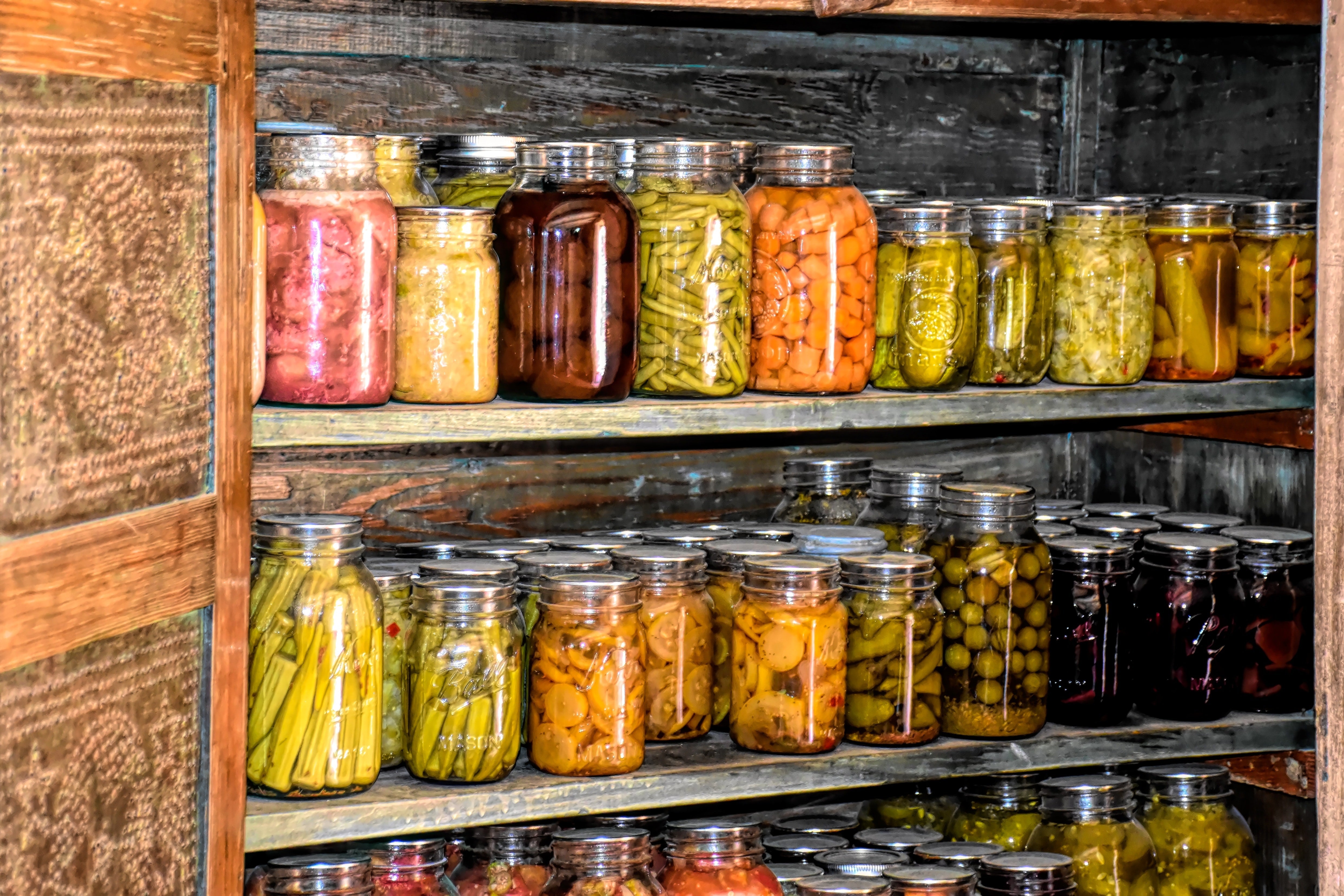
Benefits of fermented food sources
In ancestral eating, fermented foods are an essential source of nutrition. Our ancestors used fermenting food as an ancient practice to preserve the food and make it more digestible and nutritious. Easy said; During the fermentation process, the sugars and starches in food are broken down, resulting in better digestibility and increased nutrient content.
Fermented foods have also been part of the diet of the Egyptians, Greeks and Romans. A unique fact about fermentation is that it was one of the earliest forms of biotechnology. Our ancestors fermented foods and drinks for thousands of years, and this process has been integral to human survival and culture. For example, there is evidence that beer was brewed as early as 5,000 years ago in ancient Egypt, and the fermentation of milk into yogurt and cheese dates back more than 4,000 years in ancient civilizations such as Mesopotamia and India. Today, fermentation is still widely used in the food and beverage industry, and the process has also been expanded into other fields such as medicine and environmental science.
What are fermented foods?
Fermented foods are foods that have undergone a process of lacto-fermentation, which occurs when natural bacteria feed on sugar and starch in food, creating lactic acid. This process preserves the food while also creating beneficial enzymes, B vitamins and probiotics. Common fermented foods include sauerkraut, kimchi, kefir, kombucha and yogurt.
Fermenting meat is also a traditional practice that has been used for centuries in various cultures around the world. This process involves the controlled fermentation of meat through the action of lactic acid bacteria, which convert the carbohydrates in the meat into lactic acid. There are several benefits to fermenting meat. First, it can improve the taste and texture of the meat, making it more tender and easier to digest. Secondly, it can extend the shelf life of the meat, allowing it to be stored longer without spoiling. Finally, fermenting meat can also increase its nutritional value by breaking down complex proteins and increasing absorption by the body.
Why is fermentation so good?
Fermented foods are particularly known for their probiotic content. However, not all fermented foods contain probiotics and they still provide health benefits. This is because the properties of fermented foods go beyond the mere presence of probiotics. This is also due to a series of bioactive compounds and biochemical processes that take place.
One of the main characteristics of fermented foods is the production of bioactive peptides, small organic substances formed by amino acids and linked by peptide bonds. Many lactic acid-producing bacteria found in fermented foods produce these peptides, including bacteriocins, which have antimicrobial properties. Fermentation has also been found to increase levels of beneficial phenolic compounds, which have antioxidant properties and can help balance the gut microbiome.
In addition, the fermentation process can reduce antinutrients such as phytic acid, found in nuts and grains, by enhancing the activity of enzymes that break down these substances. Fermented foods also serve as a highly bioavailable delivery system for prebiotics and micronutrients such as calcium.
Additionally, fermentation improves the digestibility of food, breaking down compounds that can be difficult to digest, including lactose in dairy products. Most fermented foods provide a rich source of probiotic microorganisms, which are naturally protected from digestive juices in the stomach, allowing them to reach the intestinal tract intact. Fermented foods provide us with a diverse range of probiotics because the microbial communities in these foods are complex and varied.
Even small differences in fermented food production, including ingredients, environmental conditions and types of microorganisms used in fermentation, can result in literally thousands of variations of the same fermented food. Therefore, fermented foods offer numerous health benefits in addition to their probiotic content, making them an essential part of your diet!


